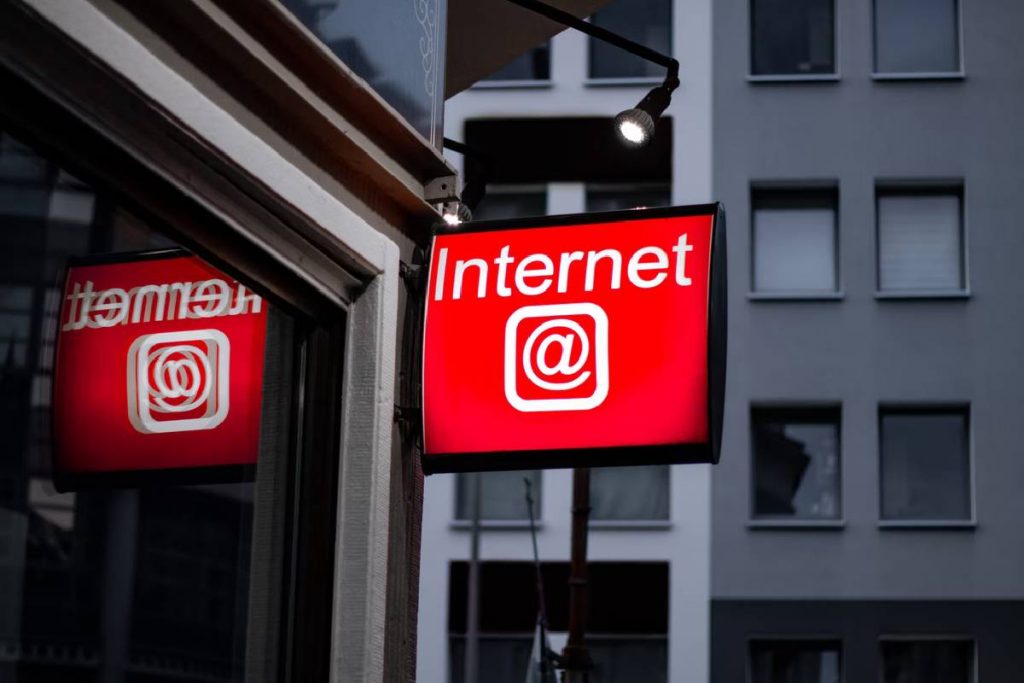During this remote working situation, getting an internet connection at home has become a must. Although you might be attending the office and are no longer working from home, you might also need to get a connection as your children are studying from online classes.
You just can not opt for any internet service provider. You will always want the best value for your money. Thus, choosing the right one is really necessary. You will never want to experience the buffering when you are watching the latest superhero movie from https://ipiratebay.org/.
Table of Contents
Things To Note When Choosing A Residential Internet Service Provider (ISP)
When we are here, you do not need to worry about anything. Here, in this article, we are going to guide you with some major things you should consider when you are going to get an internet connection at your home.
1: Location And Availability
The first thing you should start with is the location and availability of the internet service provider. You can not choose an ISP that does not cover your locality or area. It is best to go for a local one. They will be the best.
You will also get back to them in case you experience any issue with the internet connection. They will also be able to solve the issues faster due to easier accessibility.
2: Types Of Internet Connection
After you have shortlisted some of the ISPs, who provide quality service at your location, you need to go through the options they are offering to you. By the type of internet, we mean the followings;
- Digital Subscriber internet.
- Satellite internet.
- Cable internet.
- Fibre Optic internet.
Therefore, you need to figure out for which internet type you want to go with and then contact the ISP provider, which has a reputation for that particular type.
3: Data Limit
Your internet service provider might tell you, you will get unlimited data, but that is not true in most cases. After a certain limit of data usage, your internet service provider will reduce your internet speed in order to regulate the traffic.
As a result, you might start to encounter speed-related issues. It is best to clear things beforehand to avoid any type of unpleasant scenario.
4: Response Time And Customer Service
You want an internet connection at home; you get the internet connection.
That is not all.
When you are using a network, you will face some issues; this is why their customer service and response time should be taken into consideration.
To get prominent information regarding this, going through the ISP’s testimonials or customer reviews is the best way.
5: Reliability And Uptime
When you are going to get an internet connection, you have to understand one thing; no ISP can offer you 100% uptime 24/7. Here you need to compromise a little. In most cases, the ISP keeps themselves ready with a backup for their primary connection.
In case of any downtime, they activate their backup and offer their consumers the service they have opted for. Here you are required to read the service level agreement to know whether you will get a refund if the downtime exceeds the limit.
6: Scalability
Suppose you are starting a small business at home, and with time you might require to upgrade the bandwidth they offer. Apart from that, you also might need some additional services like VOIP or add more devices to the same network.
In all these scenarios, you will need to upgrade the internet plan. It is better to sort things out at the beginning. Go for an ISP, which is ready to cater to you with upgraded services.
7: Cost
Last but obviously not least, the money you need to pay. Take the quote from the ISPs you have already shortlisted. Now your job is to compare them and check which one is offering the best service at a pocket-friendly rate.
As we have mentioned earlier, when you are spending money, you will always want to utilize it. Therefore, ensure that you are getting the service for which you are spending money.

